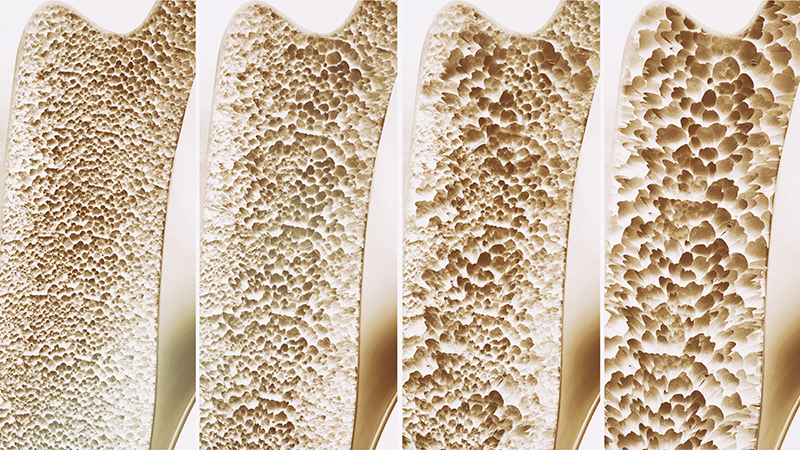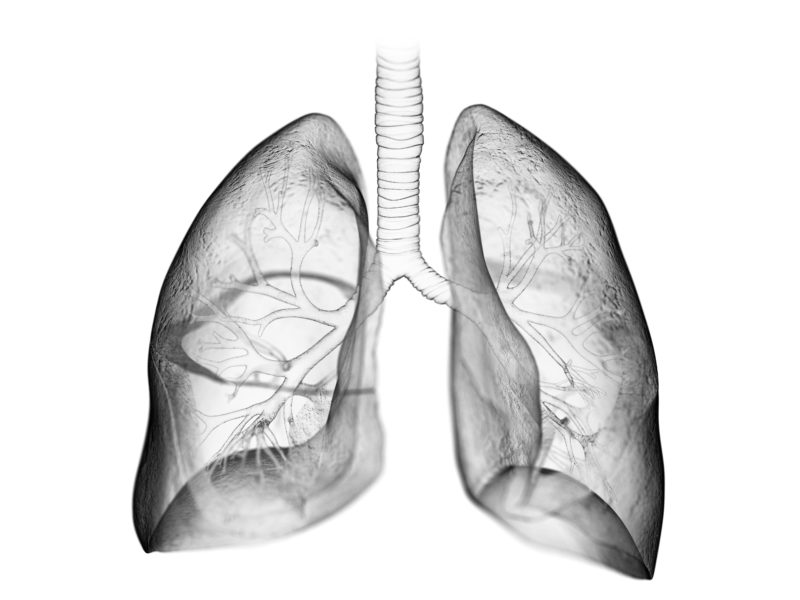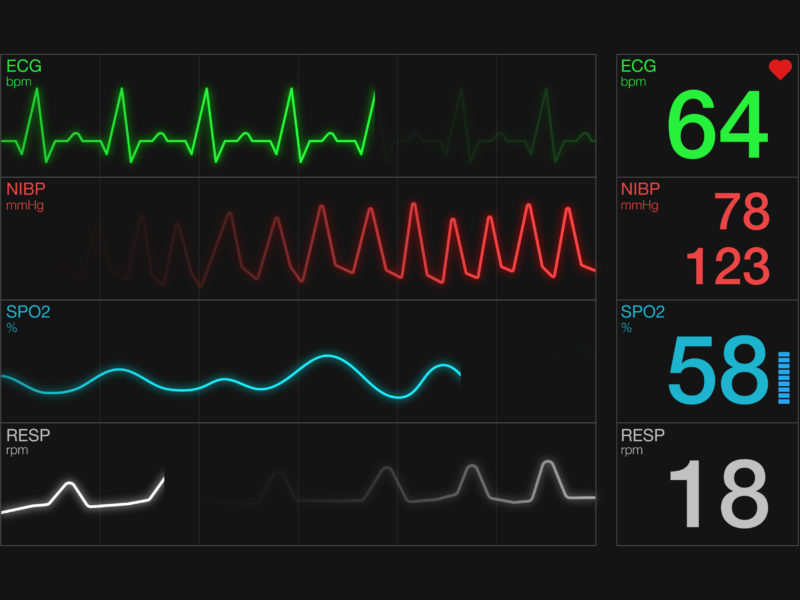A new study by researchers from Osaka University’s Graduate School of Dentistry investigated cellular senescence in periodontal tissue and disease—identifying promising therapeutic targets for preventing periodontitis in the elderly.
Aging-US Research

In a recent study, researchers from Western University and Indiana University investigated the connection between aging, memory and lactate metabolism in flies.

In a new study, researchers used C. elegans to investigate how changes in lipids during aging might impact lifespan and healthspan.

In a trending new study, researchers investigated the efficacy of an adenoviral-based COVID-19 vaccine in elderly patients.







